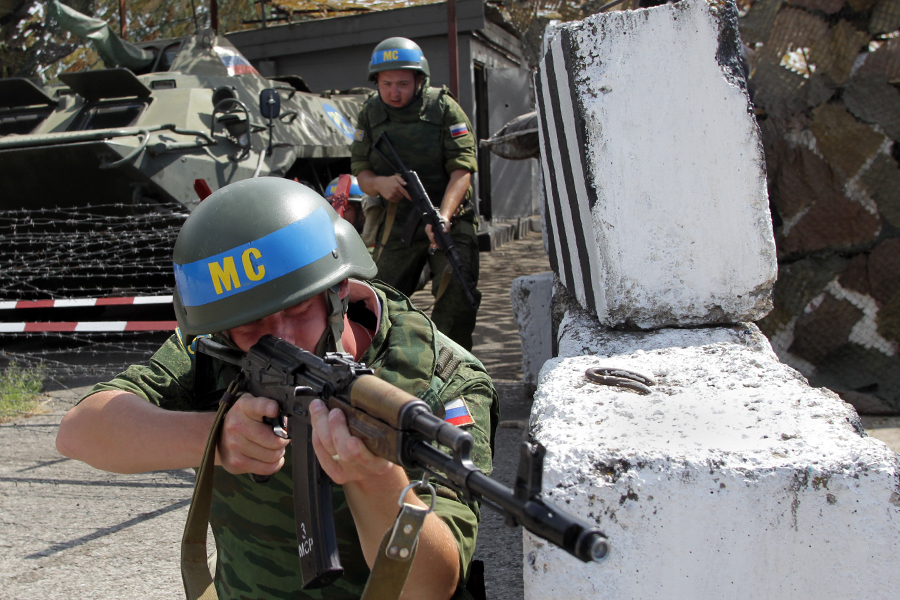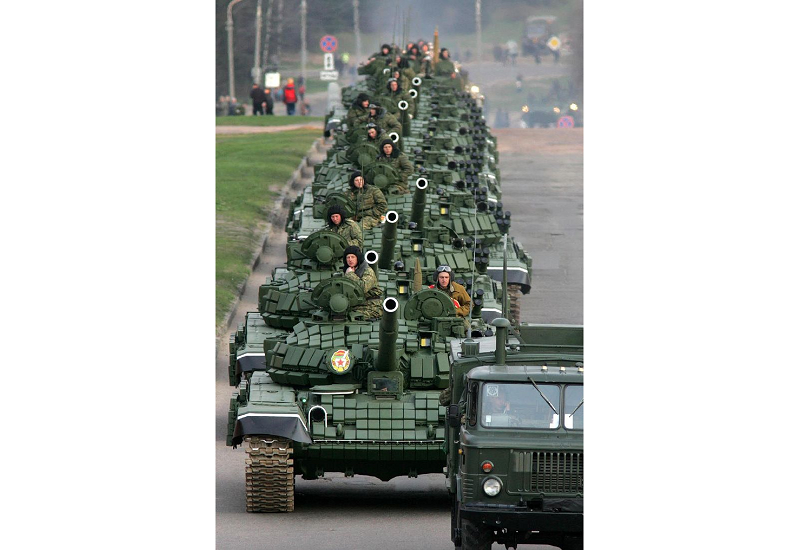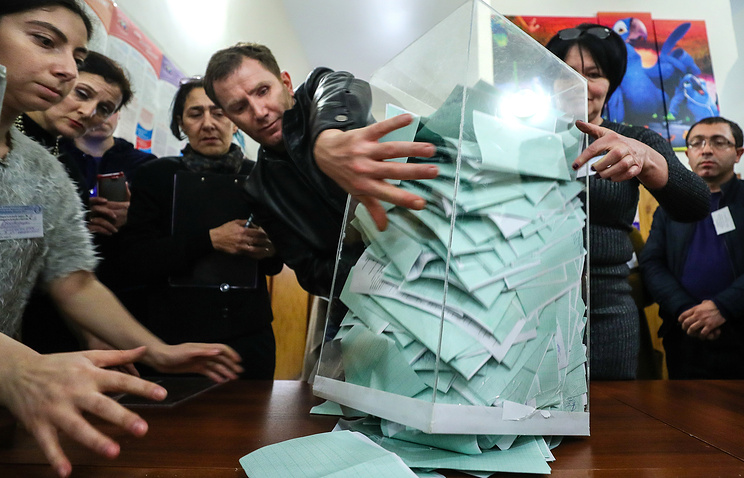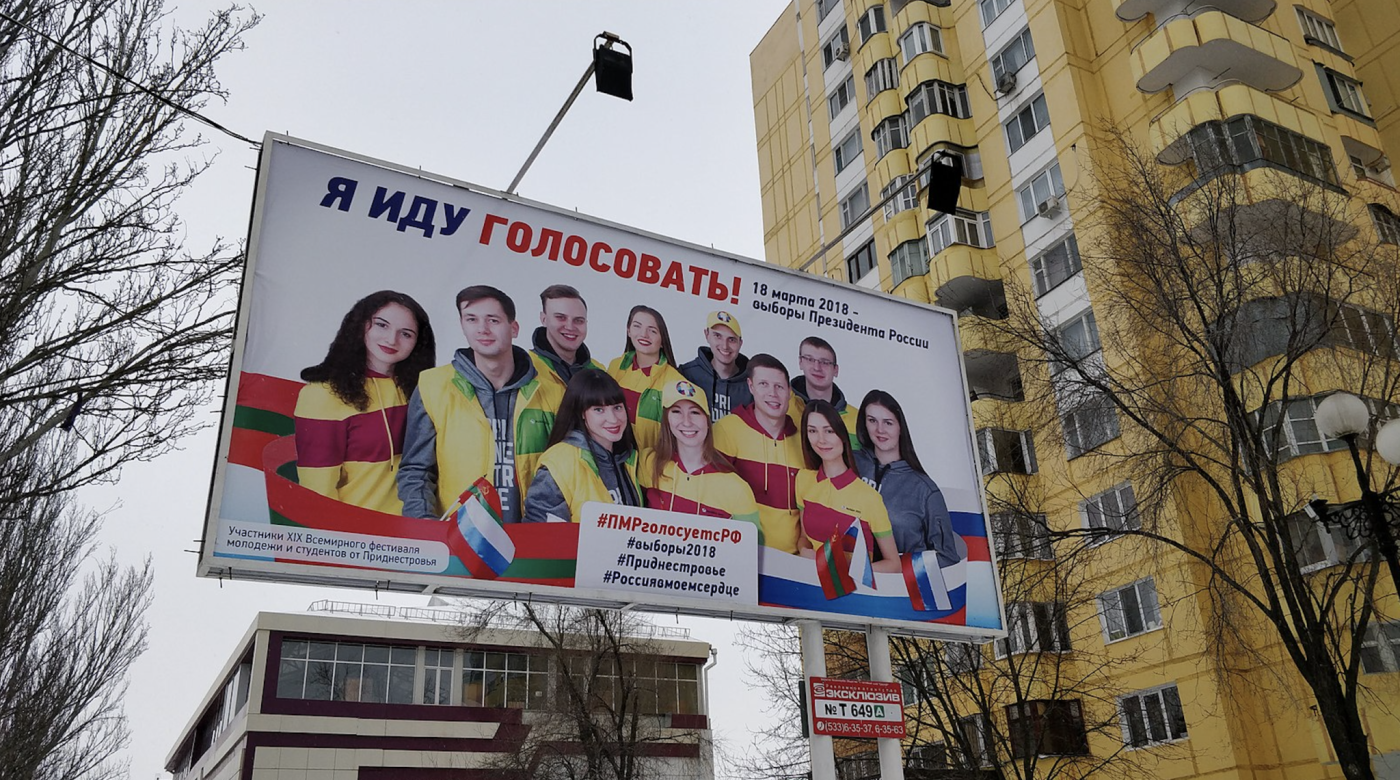In their rush to end the fighting in southeastern Ukraine, Western governments are in danger of creating a far larger and long-lasting problem for the region and themselves in the future, according to Bacho Korchilava, because if the West legitimizes a role for Russia in the Donbas, Moscow will be able to destabilize Ukraine for decades ahead.
In a comment on NV.ua, Korchilava, who served as press attaché at the Georgian embassy in Kyiv, says that “if Russian peacekeepers appear in the Donbas, Russia will obtain a powerful lever on Ukraine;” and Georgia’s experience shows that Moscow will use it to destabilize the situation well into the future.
The Georgian diplomat offers his comments on this point, he says, because ever more people are talking about some kind of joint peace-keeping force in southeastern Ukraine and because these same people appear to have forgotten how Moscow exploited exactly the same method against his own country.
If Russian forces are involved in some kind of peace-keeping operation in Ukraine, that will create a situation in which Russia “will be able to use it as a powerful lever” on Kyiv, blocking its development and its integration into Western organizations like the European Union and NATO. Neither will take in a country with such “problems.”
“Why am I so certain?” Korchilava asks rhetorically. “Because that is what has already happened with us in Georgia. In fact, it has happened twice, first in South Osetia and a second time in Abkhazia.”
In the case of South Osetia, these forces were organized by the OSCE and in that of Abkhazia, by the United Nations. And the peacekeeping contingents were composed differently. But because the Russians were involved in both, the result, the Georgian diplomat says, was the same – and disastrous for Georgia.
In South Ossetia, there was a mixed force consisting of four battalions, one from the Russian Federation, one from North Osetia, one from anti-Tbilisi forces in South Osetia, and one from Georgia. “Why such a strange formula was adopted no one can explain to this day,” Korchilava says.
But Russian officers were in command, and consequently, “with three votes against one, the command of the Georgian battalion never could influence the decisions and actions of this continent. Everyone knows the result.”
In Abkhazia, the contingent was called “the Collective Forces for the Support of Peace of the Commonwealth of Independent States,” but despite its name, Russia decided who was in it and who was not. And despite seven years of effort, Tbilisi was never able to get Ukrainian troops to replace Russian ones there. Once again, “everyone knows the result.”
The same thing will happen in the Donbas “if Russian peacekeepers appear there. They will simply fix the border between the Donbas and Luhansk and all the rest of Ukraine.” They will promote the flow of contraband and narcotics and allow for “trans-border crime. “Just as it was with us” Georgians.
Such Russian peacekeepers will “constantly” promote local clashes “in order to keep Ukraine in tense situation and not allow it to develop. More than that, they will become a guarantee of the existence of these two gray zones, the "DNR" and the "LNR," guarantees of the existence of two illegal quasi-formations.”
“And they will also guarantee that Ukraine will not be able to conduct an operation to restore the constitutional order” as well.
As a general rule, Korchilava says, “Russian peacekeepers are unacceptable regardless of how they are dressed up.” And consequently, if the international community decides that peacekeepers are necessary, it is absolutely necessary that it insist that they consist of anyone except the Russians.





